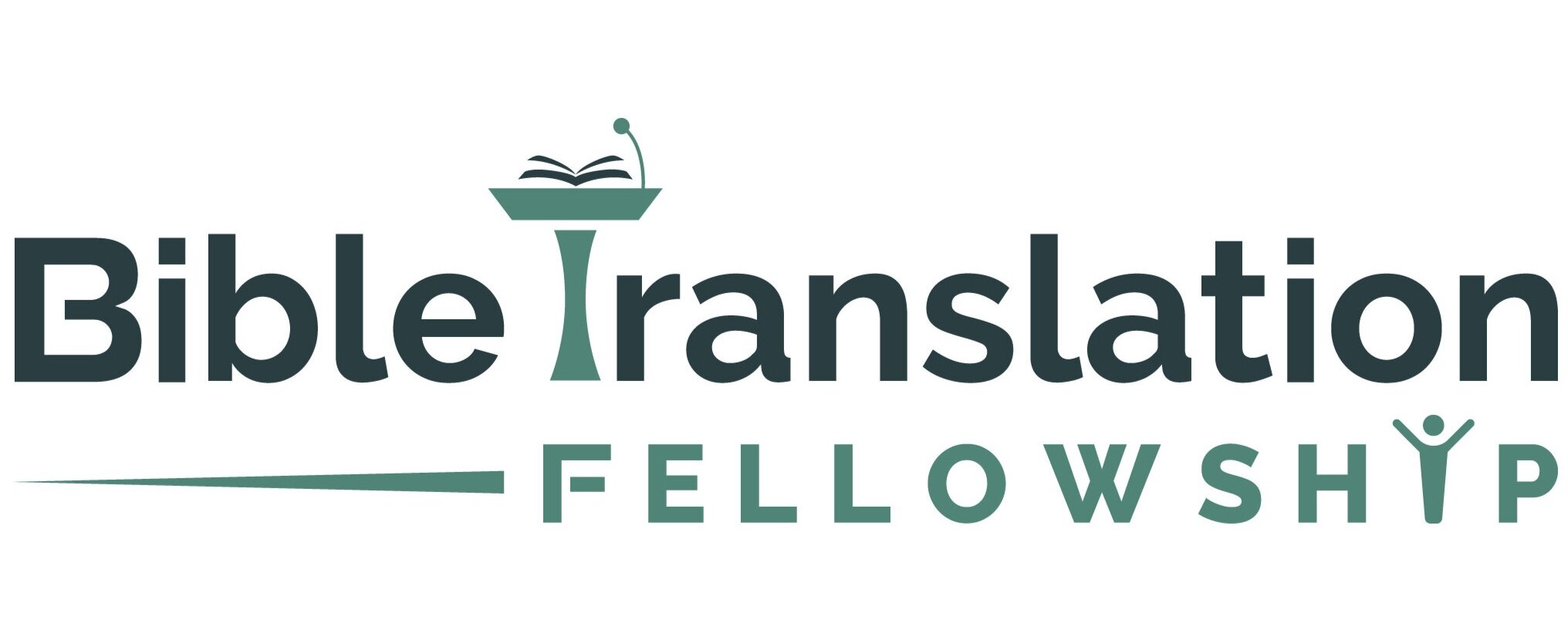William Tyndale was a Pastor-Translator
A Call for Sending Pastor-Translators to the Mission Field:William Tyndale is widely known as the Bible translator who largely gave us our English Bible. But less known about him is that he was a pastor-translator. David Daniell writes, "Perhaps unexpectedly, Tyndale began to have a name in the district as a preacher" (Daniell, 56). Tyndale preached in open spaces in the country and towns like London and Bristol. Though likely preaching from the Latin Bible (Daniell, 57), Tyndale's preaching was in English. Daniell labors to show how the Wyclif Bible was around but the Constitutions of Oxford of 1408 forbid translation of the Bible into English except by proper authorities, with the punishment due a heretic. Some would have a written Bible, some just parts and some would simply know phrases that became part of the "common oral pool of English sentences and short passages from the New Testament, phrases used like proverbs" (Daniell, 57). While these phrases had value, being they were from Scripture, they were translations into English from the Latin Bible, not directly from the original biblical languages of Greek and Hebrew. With Tyndale able to preach from the Greek into good, clear, understandable and natural English, not English phrases translated from Greek and Hebrew through Latin, Daniell writes, "It is as if a fuzzy, out-of-focus picture had suddenly become sharp" (Daniell, 57). Daniell goes on to show that Tyndale was preaching the whole New Testament and not just isolated texts and phrases. Indeed, Jesus commands us to make disciples, teaching to observe all of God's Word (Matt 28:18-20), and specially charges pastors to equip the saints through their labors in reading, preaching, praying, singing, and seeing (through the ordinances) the Word in the life of the local church.With Tyndale's preaching AND translating of the Bible into common, every-day English the Word was thus sharp, just as God intended and inspired it to be (Heb 4:12). The Bible must be delivered to God's people in the common language of the people. God delivered the Word in its first writing in Hebrew, Aramaic and Greek, and we are to labor in delivering the Word to God's people in the languages of the world, maintaining the sharpness of the Word through both translating and preaching the Word, along with all the other verbs Scripture calls us to employ in Word-based ministry, e.g. counsel the Word, teach the Word, memorize the Word, sing the Word, etc. Scripture calls every local church to gather together to listen to the Word read and preached, to sing songs directly from and inspired by the Word, to pray with minds saturated and transformed by the Word, and to be regularly reminded of the saving power of God in the gospel through seeing the regenerating and sanctifying power of the Word symbolized in baptism and the Lord's Supper.So churches, hear now our call to raise up not just pastors and not just translators, but pastor-translators. If your translator-missionary is no good as a pastor, send a pastor along with him so he can lend his pastoral-theological acumen in working together with translators on a committee translation. If your pastor is no good at translating, send alongside him a translator; but by all means let's follow the example of church history and let's be obedient to Scripture by sending theologically-trained teams of pastors and translators (i.e. exegetical consultants) who can co-labor with linguistically-trained translators on a committee that will produce a faithful and sharp translation of God's holy and living Word, for the establishing of the brethren into healthy local churches dotted across the globe's every people, language, tribe and nation.
